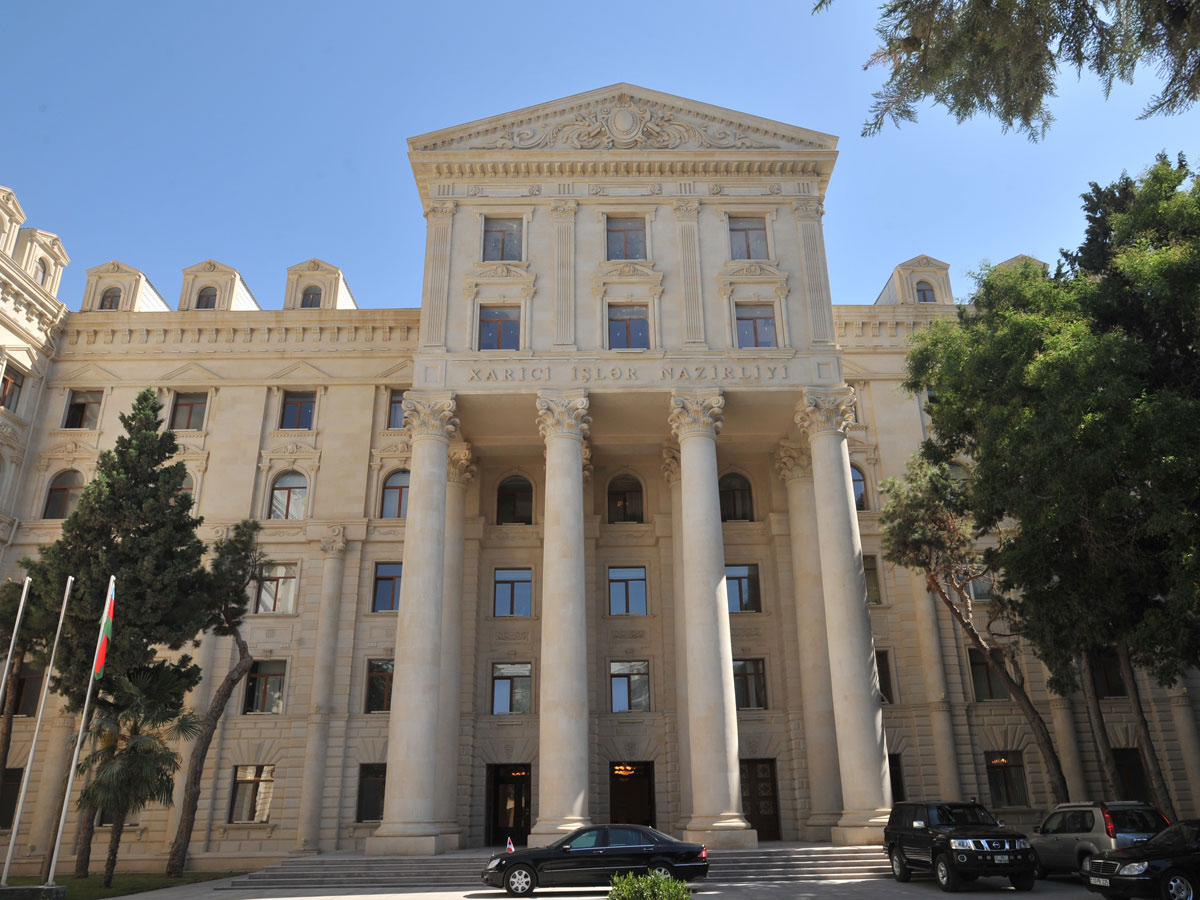details added (first version posted at 12:40)
Baku, Azerbaijan, Dec.25
Trend:
Currently, Azerbaijan's membership in the Eurasian Economic Union is not on the agenda and no such proposal was received from the organization's members, Azerbaijani Foreign Minister Elmar Mammadyarov told local media.
"While answering the Russian media's questions about the possibility of Azerbaijan's joining the Eurasian Economic Union (EEU) as part of the 70th session of the UN General Assembly in New York, I used the phrase "never say never"," the minister said. "I explained the meaning of this phrase. How can Azerbaijan participate in the activity of the organization, which envisages the economic and customs union with Armenia, which occupied the Azerbaijani lands, and given that Azerbaijan does not have any relations with this country for obvious reasons?"
He said that in the current circumstances, Armenia has no common border with any country of the EEU.
"Regardless of the issues of Azerbaijan's accession to the union, Armenia, at least, must have the effective transport corridors with the EEU member-states," he said. "The main and optimal transport routes, connecting other countries of the union with Armenia, including rail routes, historically run through Azerbaijan. So, first of all, the issue of the occupation of Azerbaijani lands by Armenia, which is a threat to the region and an obstacle to the regional development, must be resolved."
"I can add that Azerbaijan has bilateral intensive and mutually beneficial political, economic, trade and humanitarian relations with other countries of the EEU," he said.
The minister stressed great prospects for expanding these ties.
The Eurasian Economic Union is an international integration union created on the basis of the Customs Union and the Common Economic Space. It united Russia, Kazakhstan, Belarus, Kyrgyzstan and Armenia.
The conflict between the two South Caucasus countries began in 1988 when Armenia made territorial claims against Azerbaijan. As a result of the ensuing war, in 1992 Armenian armed forces occupied 20 percent of Azerbaijan, including the Nagorno-Karabakh region and seven surrounding districts.
The two countries signed a ceasefire agreement in 1994. The co-chairs of the OSCE Minsk Group, Russia, France and the US are currently holding peace negotiations.
Armenia has not yet implemented the UN Security Council's four resolutions on the liberation of the Nagorno-Karabakh and the surrounding regions.






